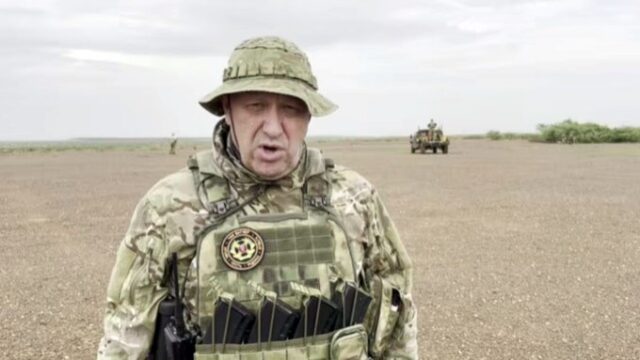By April 17, 2003: Sergei Yushenkov, a veteran politician and leader of the anti-Kremlin party Liberal Russia, is shot in front of his Moscow home. Yushenkov had been at the forefront of efforts by liberal lawmakers to investigate the possible involvement of the Federal Security Service (FSB) in a series of deadly apartment bombings in 1999. The bombings, which killed some 300 people, were blamed on Chechen militants and used by Moscow as a pretext to launch the Second Chechen War. October 7, 2006: One of Russia’s most prominent journalists and a persistent chronicler of rights abuses in Chechnya, Politkovskaya is shot dead in her apartment building, in an execution-style killing. Two men were sentenced to life in prison and three others to long prison terms in 2014 for their involvement, but relatives, colleagues, and Western governments suspect that Russian authorities will never pinpoint or punish the masterminds of her killing because a thorough investigation would lead too close to Putin’s government or the Kremlin-backed leadership in Chechnya. November 23, 2006: The former Russian security agent dies in London after being poisoned with radioactive polonium-210. Litvinenko had fled to Britain in 2000 after accusing the FSB of plotting to kill oligarch Boris Berezovsky. He later co-authored a book blaming the agency for the 1999 apartment-building bombings. The British investigation found Litvinenko drank tea laced with polonium during a meeting in a London hotel several weeks earlier with Russians Andrei Lugovoi and Dmitry Kovtun. Moscow refused to extradite them. In 2017, the United States blacklisted both under the Magnitsky Act. July 16, 2009: The body of the renowned human rights activist, with bullet wounds to her head and chest, is found in Ingushetia, hours after her abduction near her home in the capital of Chechnya, Grozny. Natalya Estemirova had been investigating hundreds of suspected rights abuses in Chechnya, including kidnapping and murder. The rights group she worked for, Memorial, said initial investigation pointed to the possible involvement of local law enforcement officers. Memorial’s chief, Oleg Orlov, was later sued for defamation after accusing Kremlin-backed Chechen leader Ramzan Kadyrov of orchestrating Estemirova’s killing, but he was eventually acquitted. November 16, 2009: The whistle-blowing lawyer who had implicated Russian officials in an alleged $230 million tax fraud dies one year after being jailed on similar charges. Sergei Magnitsky suffered from pancreatitis and was denied medical care in pretrial detention, conditions rights activists said were tantamount to torture. According to the Kremlin’s own human rights council, he was badly beaten before his death. In 2012, the United States adopted the Magnitsky Act, which targets Russians implicated in rights abuses with visa bans and asset freezes, and other Western countries have followed suit. In July 2013, a Russian court found Magnitsky guilty of tax evasion in an unprecedented posthumous trial. February 27, 2015: The reformist former regional governor and deputy prime minister who was a rising political star in the 1990s but became one of Putin’s most vocal opponents is shot dead in a gangland-style killing on a bridge near the Kremlin, at age 55. A liberal lawmaker early in Putin’s presidency, Nemtsov helped lead protests against stacked parliamentary elections and Putin’s return to the presidency in 2012. He staunchly opposed Russia’s aggression against Ukraine in 2014, calling it “despicable,” “impudent,” and “harmful for Russia.” At the time of his killing, he and associates had been working on a report detailing evidence of the extent of Moscow’s interference in the neighboring country.Anna Politkovskaya

Aleksandr Litvinenko

Natalya Estemirova

Sergei Magnitsky

Boris Nemtsov

